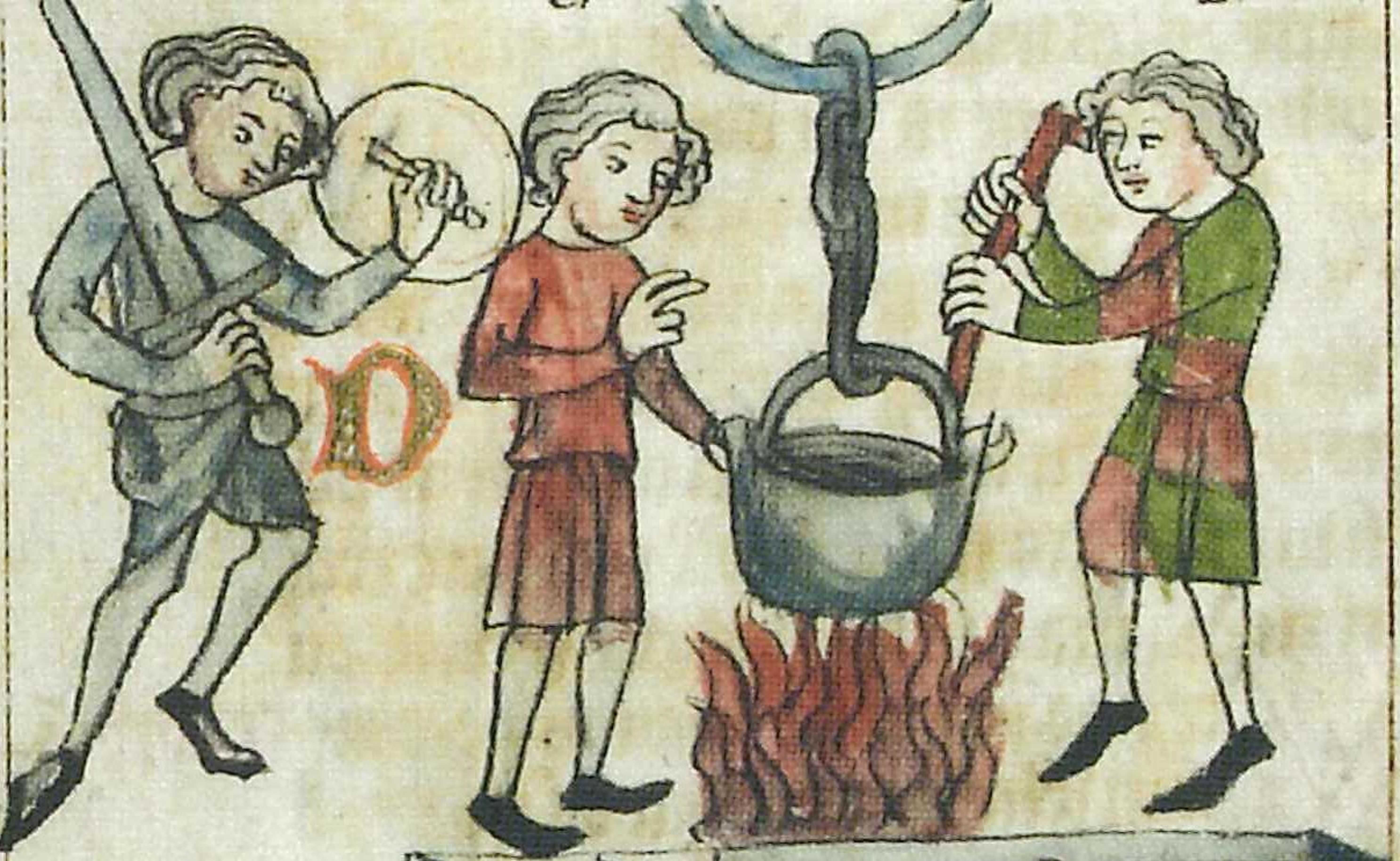Experts of the flesh: Priestly expertise in cases of infanticide and ordeals in high medieval Norway
This talk will address the role of clerics as experts and readers of human flesh focusing on cases of ordeals and infanticide in medieval Norway, using saga and legal texts as sources.
[ When
to
o Where
online
-
8 Remote access
Not available
£ Cost
Free
É Contact
email: historyevents@uhi.ac.uk
à Add to Calendar
q Share

According to the Eddic poem Guðrúnarkviða III, Guðrún was accused by her husband Atli’s mistress of adultery. Denying the charges, Guðrún underwent a trial by ordeal. She grasped stones from a cauldron filled with boiling water seeking to clear her name. As she was innocent, her hand was unscathed. When the mistress was forced to undergo the same ordeal, she failed and scalded her hands. For this, she was drowned in a bog.
In high medieval Norway, so as on the continent, appearance did matter and revealed a person’s social status, character, or blame. The body could be read. Wounds could expose one’s guilt or innocence. Trials by ordeal were tests where an accused person had to carry or walk over hot iron or pull an object from a cauldron with boiling water. The healing of wounds was meant to reveal the truth in important contested and juridical matters. Someone completely innocent would endure the ordeal unharmed protected through God’s intervention.
Results of ordeals were not as clear-cut as such mythological anecdotes might suggest. Injuries received in the process required interpretation by experts. A community usually called upon priests to read the flesh of the accused and to determine if it had healed cleanly enough to prove its owner’s innocence. Clerical expertise on flesh was not limited by that. Likewise, clerics had to be consulted to determine the humanity of infants and to decide whether to baptize or abandon them.
Dr Max Naderer is a Post-Doctoral Fellow at the University of Oslo. His research interests focus especially on the Nordic Middle Ages. His doctoral thesis focused on the perceptions of violence during the civil war period in Norway and Denmark, c. 1130-1240.
Privacy
Please read our policy on how we treat any personal information collected in relation to our events:
Data Protection Statement for Events